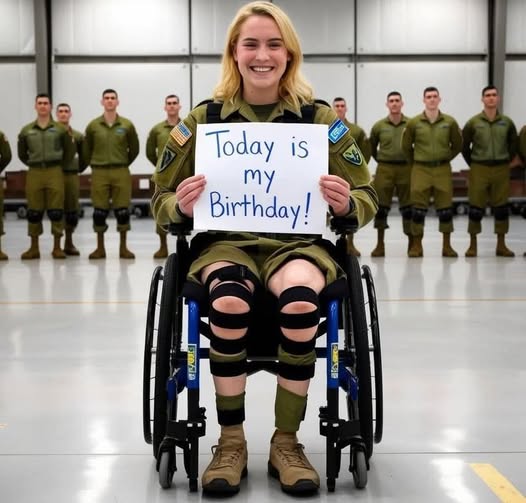Slavik was heading home after a long, brutal day. The heat was merciless—over 30°C—and the streets were eerily empty. The kind of heat that makes the pavement shimmer and your breath feel heavy.
That’s when he heard it:
A faint cry.
He stopped. Looked around. Then he saw it—a dark car parked awkwardly under a shriveled tree. Inside, a baby. Bright red, soaked in sweat, barely moving. The child was strapped into a car seat, windows rolled up, no air conditioning, no sign of an adult.

Slavik rushed to the door. It was locked.
He shouted. Pounded the windows. No response.
The baby’s head lolled.
He had seconds to decide.
So he did what anyone with a heart would do.
He grabbed a rock. One hard swing—glass exploded.
He reached inside and unbuckled the baby, who immediately gasped as fresh air poured in.
But just moments later, the mother appeared—not with thanks, but fury.
She screamed at Slavik for damaging her car… and called the police.
A Hero in Trouble?
Eyewitnesses confirmed what happened. Slavik didn’t hesitate—he acted fast to prevent what could’ve been a tragedy.
Yet instead of gratitude, he found himself explaining his actions to responding officers.
The baby survived. The car was damaged. And Slavik might now be held accountable for saving a life.
This is the kind of story that shakes you.
When Seconds Matter
Every year, dozens of children die from heatstroke after being left in vehicles. On a 30°C day, temperatures inside a parked car can reach 50°C within minutes. Children, especially infants, are extra vulnerable—their bodies overheat up to five times faster than adults.
In most regions, “Good Samaritan” laws protect people like Slavik—bystanders who step in during emergencies. But gray areas remain, and often, it comes down to police discretion or court interpretation.
The Bigger Question
What kind of world do we live in where someone risks everything to help a child… and gets punished for it?
There’s something wrong when protecting life leads to police reports instead of handshakes.
Slavik didn’t see a locked car—he saw a dying baby.
He didn’t see a broken window—he saw a way to breathe.
And maybe that’s what we need more of.
Not just rules. But humanity.





